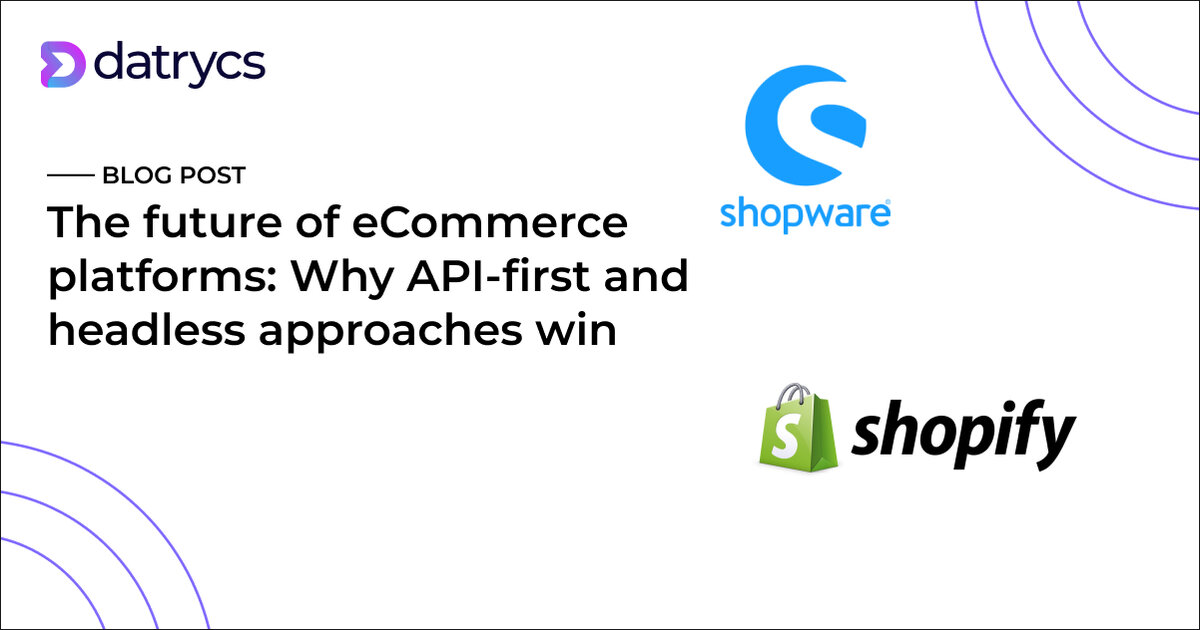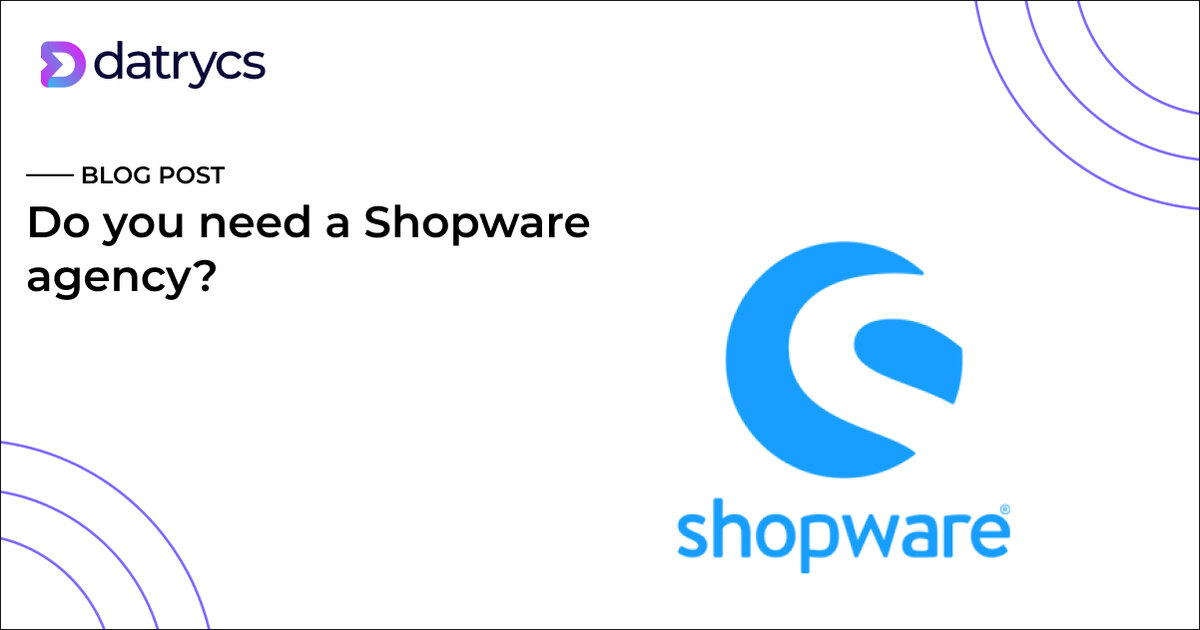How to select the right agency for your re-platforming?
In a re-platforming attempt, it is crucial to have in-house strategy, governance, and execution.



In a re-platforming attempt, it is crucial to have in-house strategy, governance, and execution. This involves defining goals, vision, and success criteria, ensuring team alignment, having someone with ownership to draw lines, and having someone responsible for executing tasks.
By setting expectations and ownership, the team can steer in the right direction and mitigate risks. By identifying and mitigating potential issues, the likelihood of failure is significantly reduced.
What to Consider When Selecting the Right Agency?
To select an agency, consider its context, approach, project requirements, portfolio, thinking process, technical capabilities, QA team quality, service experience, governance structure, and long-term fit. Evaluate their portfolio, QA team quality, service experience, and governance structure. Determine if the agency meets the project requirements and aligns with the business goals. Migrating to cloud-based platforms and integrating modern technology are essential for enhancing scalability, lowering costs, and maintaining IAM solutions. Careful planning is essential to avoid disruptions to business operations during this critical process of replatforming.
To do:
1. A structured process is essential for evaluating and making informed decisions in service provider selection. Examine the underlying requirements and challenge the chosen criteria. Document the project thoroughly, ensuring minimal scrutiny. Outline the RFP with pros and cons and prepare a trail of documentation, even if not massive, to understand and retrace decisions and ensure validation.
2. Understanding a partner’s impact on previous projects and their openness to challenges is important for building trust. They should be transparent about their platform’s weaknesses and overcome obstacles, demonstrating a willingness to admit and fix issues. A strong partner who manages expectations will determine the quality of the relationship. Having a cost model comparison and decision matrix based on functional needs ensures coverage, providing peace of mind.
3. Verify their cultural fit. Communication barriers and unfavourable relationships can lead to a deteriorating partnership. Having a strong foundation in technical capabilities and skills is essential.
4. In the final due diligence process, gather testimonials and objective feedback from others, including developers, managers, and the community. Ensure the agency is well-structured and strives to deliver quality work. If everyone has a negative opinion, find out what they are like internally to gain a final level of reassurance.
Do you want to be the biggest client or a smaller part of the wider ecosystem in line with your business goals?
When considering agency portfolio size and resources, it’s important to consider whether you want to be the biggest client or a smaller part of the wider ecosystem. Big fish can lead innovation, while small fish may be absorbed and not receive the best resources. It’s crucial to do due diligence on the agency’s expectations for spending over the next three years and consider the potential benefits and cons of each approach. The project team is the primary point of contact in any project, and it is crucial to assess their experience with the platform. They have experience in delivering complex projects and handling multiple channels effectively, including leveraging cloud platforms to enhance project outcomes. Maintaining core functionality during the migration process is essential to minimize disruption and risks. Analyzing existing systems is necessary to ensure compatibility and operational continuity during the transition. Clearing this aspect is crucial as they significantly influence the project. Ensuring customer satisfaction during potential disruptions caused by replatforming efforts is also vital.
Enhanced scalability is one of the key benefits provided by the agency’s platform, ensuring that businesses can upgrade their applications to new infrastructures while maintaining codebase integrity.
Conclusion: How to select the right agency
After building and finalising the business case, it needs to be validated and signed off by the executive team and financial director. However, it is also important to consider the emotional business case, which involves the new platform providing the best tools for the team to be more effective, efficient, and happier by adopting new platform features. It is essential to move away from legacy systems that lack scalability and security, and adopt newer technologies that enhance performance. A well-designed user interface is crucial in enhancing the team’s productivity and satisfaction. Ecommerce platforms offer comprehensive solutions tailored for B2C and B2B needs, empowering businesses to thrive. Creating a more productive digital commerce environment with positive outcomes is hard to measure in terms of costs saved or value-added, but attaching emotional value to it is equally important as ensuring the team is functional, efficient, and happy. Online sales surged during the COVID-19 pandemic, highlighting the long-term shift in consumer behavior towards e-commerce.


